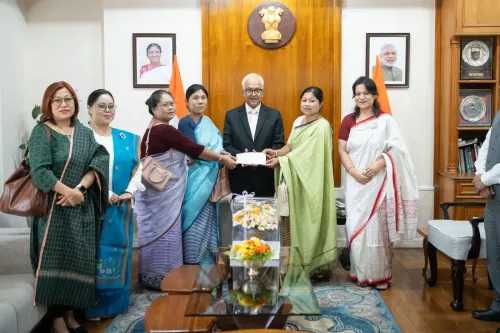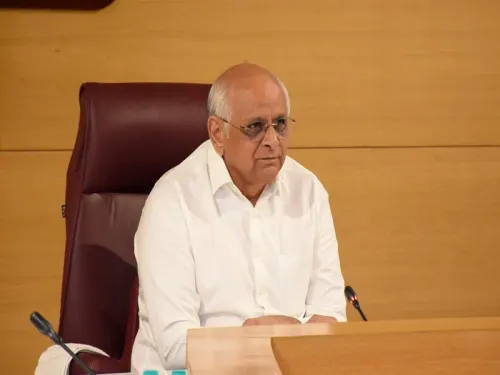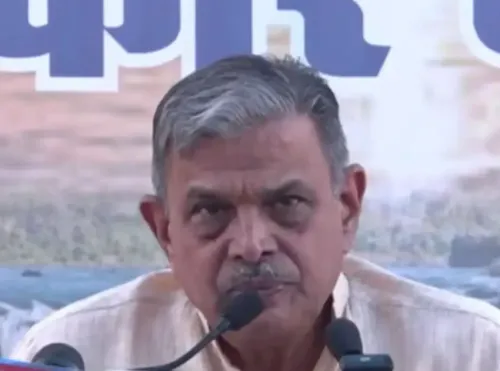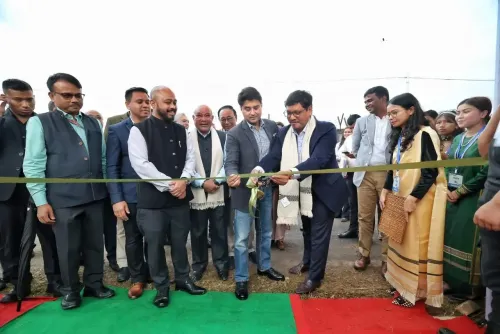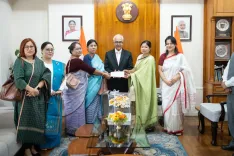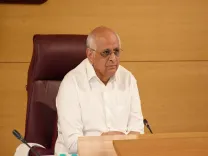Supreme Court Directs Indian Army to Compensate Soldier's Widow with Rs 50,000
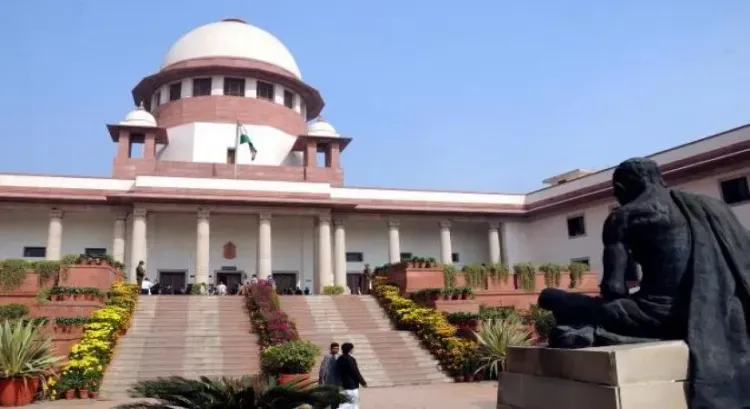
New Delhi, Dec 3 (NationPress) The Supreme Court on Tuesday directed the Indian Army to provide Rs 50,000 as compensation to the widow of a soldier who participated in Operation Rakshak in Jammu and Kashmir.
A bench led by Justice Abhay S. Oka was reviewing a special leave petition filed by the Union government against a ruling from the Armed Forces Tribunal (AFT) that awarded benefits of the Liberalised Family Pension (LFP) to the deceased's wife.
The bench noted, "In our opinion, in a matter like this, the respondent (widow) should not have been compelled to approach this court, and the decision-makers of the appellants should have shown more compassion towards the widow of a soldier who died in the line of duty," which included Justice A.G. Masih.
The soldier was part of an Area Domination Patrol aimed at securing the Rangwar gap near the Line of Control (LC) and the Anti-Infiltration Obstacle System (AIOS).
In January 2013, the soldier experienced severe breathlessness in harsh weather conditions, and upon examination, the regimental medical officer deemed his condition critical.
Due to adverse weather, he could not be airlifted and was evacuated on foot. His death was attributed to cardiopulmonary arrest. Initially recorded as a "battle casualty," it was later reclassified as a "physical casualty" related to military duty.
The deceased's wife received all terminal benefits, including a special family pension, but appealed to the AFT contesting the denial of the LFP.
The AFT ruled in August 2019 to support her claim, instructing the Indian Army to provide the LFP and a lump sum ex-gratia payment for battle casualties who die in service.
In response, the authorities contended that the AFT's judgment was "completely incorrect" since the soldier's death arose from cardiopulmonary arrest, classifying him appropriately for a special family pension.
The Supreme Court acknowledged that the Commanding Officer initially classified the death as a "battle casualty" but later changed it to a "physical casualty".
Additionally, the certificate from the Commanding Officer confirmed that the soldier was operating under severe climatic conditions at the time of his death.
The court concluded that "the death can be linked to an illness induced by extreme weather conditions" and determined that the case qualifies as a "Battle Casualty".
"In this situation, the death occurred under conditions resembling warfare near the LOC. Therefore, we agree with the Tribunal's assessment," it stated.
Rejecting the Union government’s appeal, the Supreme Court mandated that the AFT ruling be executed within three months and ordered the authorities to compensate the widow with Rs 50,000 within two months.

